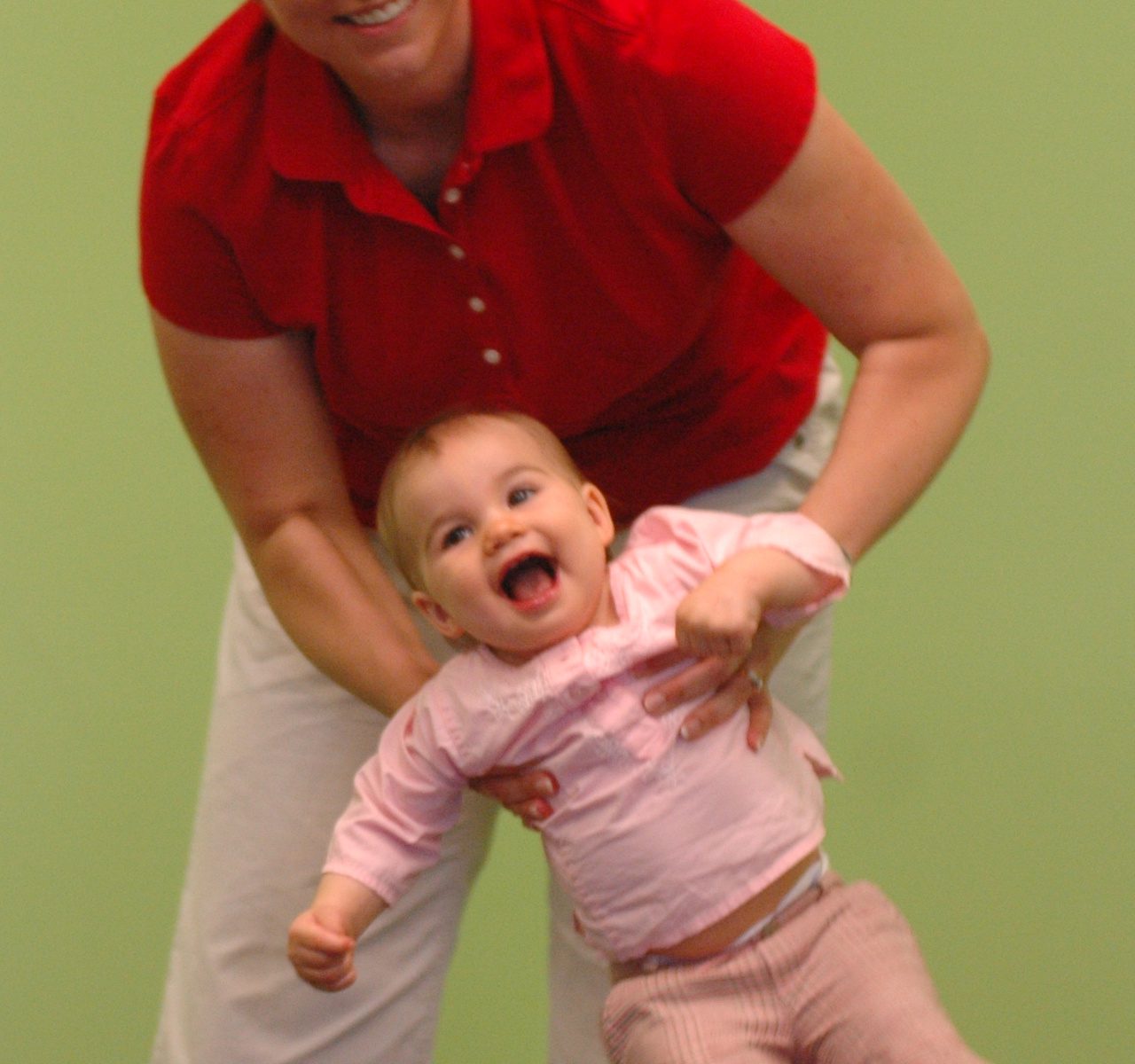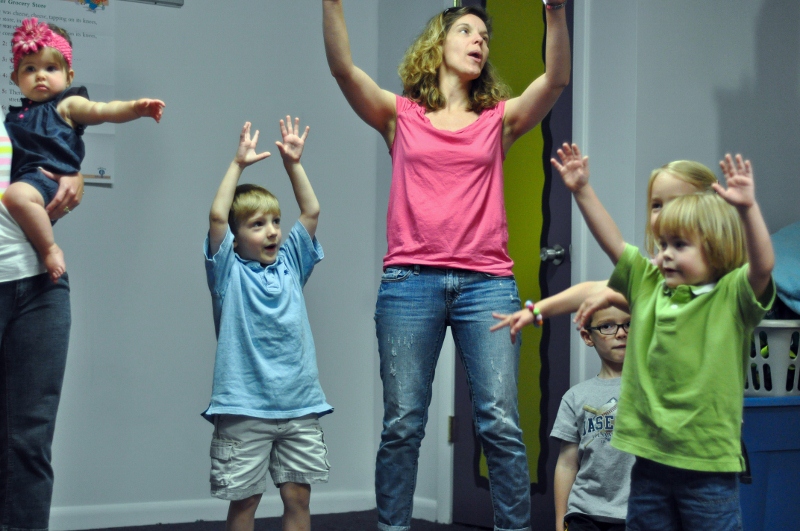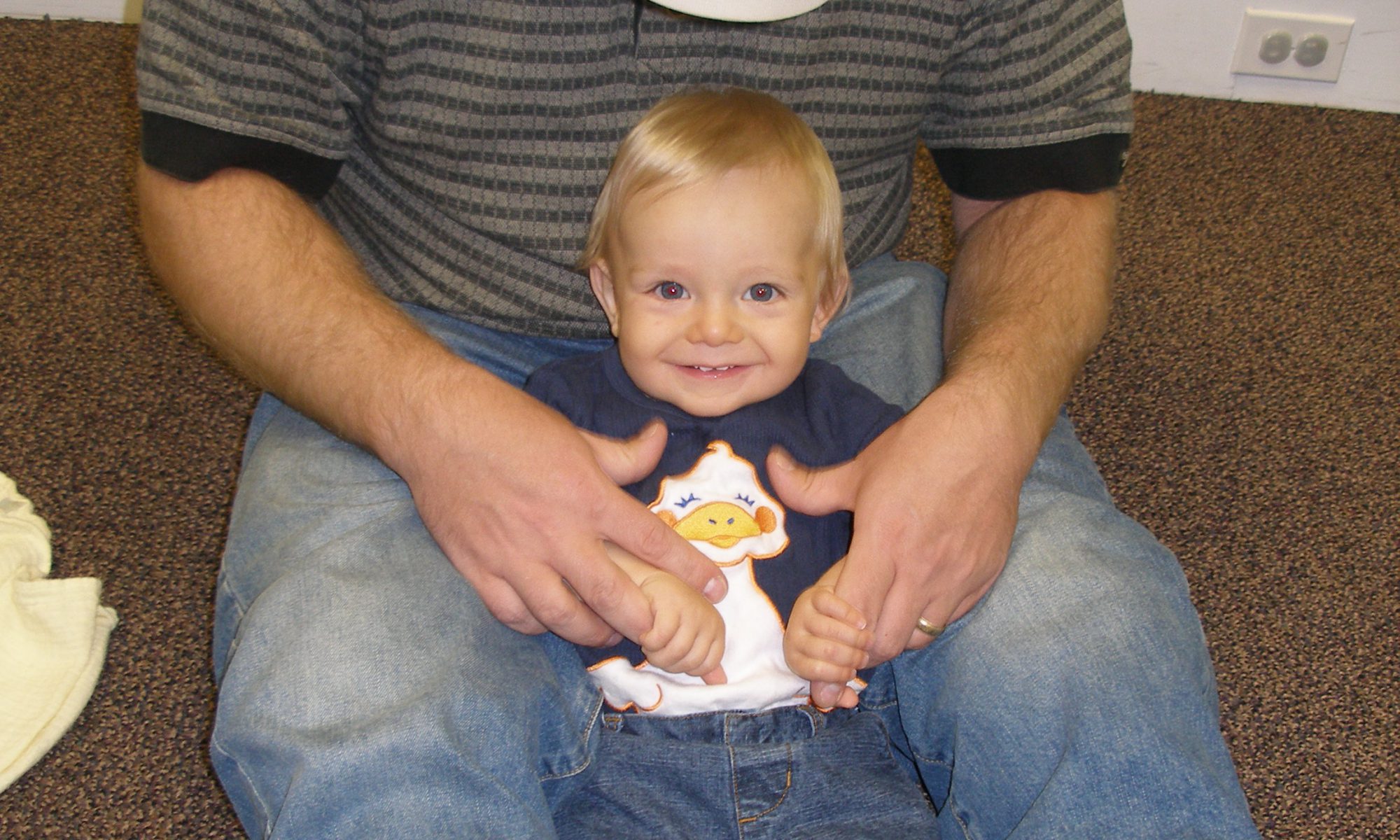 “The vestibular system controls the sense of movement and balance. From birth to about 15 months, the vestibular system is very active as the child gains a sense of gravity and knowledge of the physical environment through movement. Rocking, swaying, and movement which rotates the head stimulates the vestibular system, stimulating the brain for new learning.” – Smart Moves, by Carla Hannaford.
“The vestibular system controls the sense of movement and balance. From birth to about 15 months, the vestibular system is very active as the child gains a sense of gravity and knowledge of the physical environment through movement. Rocking, swaying, and movement which rotates the head stimulates the vestibular system, stimulating the brain for new learning.” – Smart Moves, by Carla Hannaford.
Activating learning through movement
The vestibular system is the “vestibule” or “entryway” for learning into the brain. By stimulating the vestibular system, we are helping your child’s brain get ready to learn. By intentionally stimulating the vestibular system during your baby’s early years, your child becomes even more aware of the physical environment through movement. Research shows that vestibular stimulation is not only tied to “alertness” but also to a child’s language development.
A parent’s insights can give a child an academic advantage
Understanding how children learn in the early years and what activates that learning is vital to understanding how children will learn and progress through school later on, according to developmental psychologist Dr. Katherine Towney. This is precisely the reason that Kindermusik educators are so fond of sharing the benefits and the reasons for what we do in class. We believe that parents are children’s first and best teacher, and the more you know and understand about your child, the better learner you can help him/her become.
Why we move, rock, dance, and sway in a Kindermusik class
Here’s a brief of overview of just how we activate the vestibular system – and a child’s learning – in our Kindermusik classes:
Babies: Using and labeling movements like twisting, swaying, turning, and rocking.
Toddlers: Helping the children learn to move confidently and creatively on their own – with mom, dad, grandma, or nanny near by, of course.
Preschoolers: Introducing a whole new vocabulary of movement and joyfully exploring all of those new words and ways to learn.
Big Kids: Keeping the movement in our feet and whole bodies inspires the children as they are also learning to read, write, and compose music.



 Kindermusik is as much about movement as it is about music. Ask any educator or parent – there’s no need to go to the gym on Kindermusik day! That’s because we know that children learn best by doing – it’s called experiential learning. And now
Kindermusik is as much about movement as it is about music. Ask any educator or parent – there’s no need to go to the gym on Kindermusik day! That’s because we know that children learn best by doing – it’s called experiential learning. And now 

